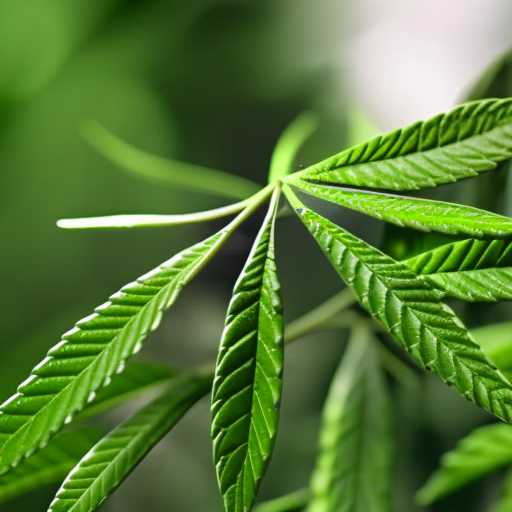
The U.S. Department of Agriculture (USDA) has announced that a hemp plant genetically engineered to produce lower levels of the cannabinoids THC and cannabichromene (CBC) “may be safely grown and bred in the United States.” This announcement comes after a review conducted by the USDA’s Animal and Plant Health Inspection Service (APHIS).
The genetically modified hemp plant was developed by Growing Together Research, a biotechnology firm based in Fort Wayne, Indiana. The company stated earlier this year that it had achieved “the first known stable transformation and regeneration of multiple THC-free hemp cultivars.” In June, they also announced their intention to increase THC production in cannabis plants.
The purpose of the USDA review was to assess whether the modified hemp plant posed an increased risk of plant pests compared to cultivated hemp. According to APHIS, the review found that the modified hemp is unlikely to pose an increased plant pest risk.
Growing Together Research requested the USDA review in order to make the engineered plants free of THC and CBC and to enhance resistance to the herbicide bialaphos. The company incorporated genes from multiple donor organisms, including plants, bacteria, a virus, and at least one artificial sequence, into the new hemp plants.
In its request, Growing Together Research stated that it believes the intended resistance to the herbicide will not result in any other significant changes to the metabolism, physiology, or development of the plant.
USDA’s determination that the engineered hemp variant is not subject to regulations under 7 CFR part 340 means that it is not subject to restrictions on the movement of genetically modified organisms. However, it may still be subject to other regulations such as permitting or quarantine requirements.
The USDA has been working closely with hemp growers and breeders since the legalization of hemp through the 2018 Farm Bill. The agency has released updated guidance on identifying, describing, and evaluating different varieties of hemp. They have also developed resources such as a video instructing hemp farmers on how to build and use a backpack vacuum to collect cannabis pollen.
USDA has been actively promoting the hemp market, including partnering with state departments of agriculture for educational events focused on cultivating cannabis in a “bio-based” economy. They have also provided financial and technical assistance to hemp farms to help maximize their output of high-quality CBD oil.
Despite these efforts, the hemp sector experienced a significant economic decline last year. This decline has been attributed to a lack of FDA regulations on marketing hemp derivative products, such as CBD oil. Bipartisan lawmakers have introduced bills aimed at reducing regulatory burdens for farmers growing industrial hemp for non-extraction purposes.
In conclusion, the USDA’s announcement that genetically modified hemp plants may be safely grown and bred in the United States is a significant development for the hemp industry. This decision opens up new possibilities for hemp cultivation and research, while also highlighting the ongoing need for regulatory clarity and support from federal agencies.

